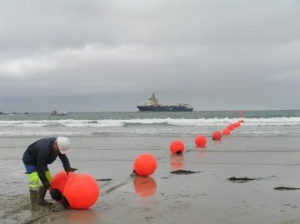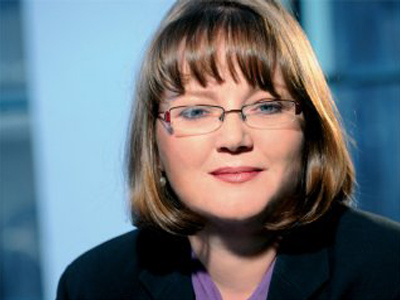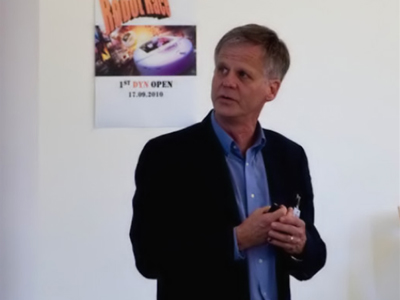In partnership with Microsoft, Hitachi, Jogja Medianet, and the Government of Indonesia, Integra recently concluded a year-long field trial of a new technology that has the potential to revolutionize broadband access in rural parts of the developing world. The pilot was implemented with funding from the US Agency for International Development, and NetHope, Inc. A short fact sheet about the TVWS pilot can be downloaded here. The full TVWS report can downloaded here. Read more
Case Studies

Global Health: Cross-Bureau Budget Analysis
The Bureau for Global Health’s (GH’s) cross-bureau budget (CBB) allocates funds to activities that...

Economic Analysis of the Conservation & Communities Project in Madagascar
Madagascar is widely recognized as the home of some of the world’s most exceptional biodiversity...

Funding the Future: Navigating Private Finance in Education
Finance is a critical input to a country’s education system, yet partner country education systems are strained...
Contact Details
1156 15th Street NW
Suite 800
Washington, DC 20005+1.202.898.4110
info@integrallc.com
Quick Links
Expertise






































